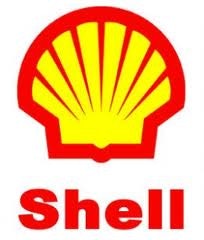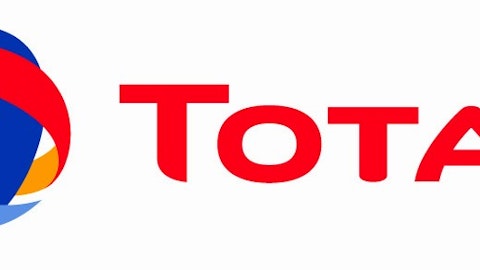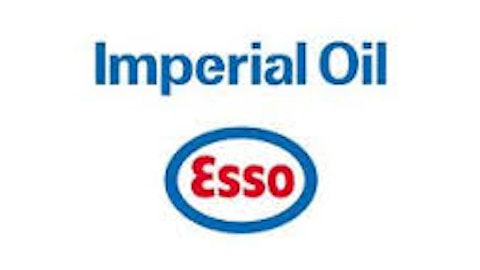Big Oil is an industry with many companies to choose from. When most investors first think of buying energy stocks, the U.S-based giants usually come to mind. However, for those investors willing to broaden their geographical horizons, there are plenty of international energy companies that are just as profitable and shareholder friendly as their American competitors.

Royal Dutch Shell plc (ADR) (NYSE:RDS.A) is the giant among the European oil majors, with a market cap of $218 billion. Royal Dutch Shell plc (ADR) (NYSE:RDS.A) is the epitome of slow-and-steady growth. In May, the company announced first-quarter earnings grew 3% to $7.5 billion, and its oil production increased 2% year over year.
Close competitor BP plc (ADR) (NYSE:BP) has been the subject of much debate in the years since the tragic 2010 spill in the Gulf of Mexico. It’s certainly true that the spill put a dent in the company’s financial and societal standing.
To date, BP plc (ADR) (NYSE:BP) has paid more than $24 billion in expenses related to the oil spill. Of course, there’s still the ongoing trial that concerns whether BP will be found guilty of gross negligence. If so, it could face as much as another $18 billion in damages to be paid to the U.S. under the Clean Water Act. In all, that would result in a total of $42 billion in damages.
That being said, the company has shed assets to cover the spill, and the stock has already lost some $52 billion in market value since the spill. BP plc (ADR) (NYSE:BP) was trading for $60 per share just before the spill, and now exchanges hands for $43 per share.
French-based TOTAL S.A. (ADR) (NYSE:TOT) is a favorite among income investors for its solid yield, but the company has had some struggles in recent quarters. The company reported first-quarter adjusted net income fell 6% in U.S. dollars year over year, to $3.8 billion. Sales fell 5% in the period.
Total management points to a number of initiatives for investors to be optimistic about going forward. In the first quarter, the company secured a number of projects aligned with its long-term growth plans, including new developments in Africa and Australia.
The shareholder rewards keep pumping
Similar to the shareholder policies of their U.S.-based competitors, these stocks are all very shareholder friendly and are committed to providing shareholder returns. In fact, whereas most of the American energy stocks provide 3% to 4% yields, these European energy majors pay dividend yields closer to 5%.
Royal Dutch Shell plc (ADR) (NYSE:RDS.A) pays a hefty 5.25% dividend, which it increased last year.
While it’s true that BP plc (ADR) (NYSE:BP) had to cut its dividend shortly after the Gulf spill, that was due mostly from political pressure and had less to do with financial necessity. It should also be noted that BP plc (ADR) (NYSE:BP) has aggressively raised its shareholder payout in the years since. BP has raised its distribution twice since it resumed dividend payments, and now yields 5%.
Along with its peers, Total yields approximately 5% as well. Total’s steady production allowed it to increase its quarterly dividend by 3% in euros per share, year over year.
For investors looking for geographical diversification, modest valuations, and solid dividend yields in the energy sector, these companies may be a great place to look.
Investors looking for solid income in today’s market of low interest rates and rising stock prices can find a dividend haven in the form of European energy majors. Securing a 5% yield is hard to do these days, so these stocks may be especially attractive for investors looking to derive meaningful income from their stock investments.
Robert Ciura owns shares of BP p.l.c. (ADR). The Motley Fool recommends Total SA. (ADR).
The article Which European Oil Major Is The Best Buy? originally appeared on Fool.com.
Copyright © 1995 – 2013 The Motley Fool, LLC. All rights reserved. The Motley Fool has a disclosure policy.





